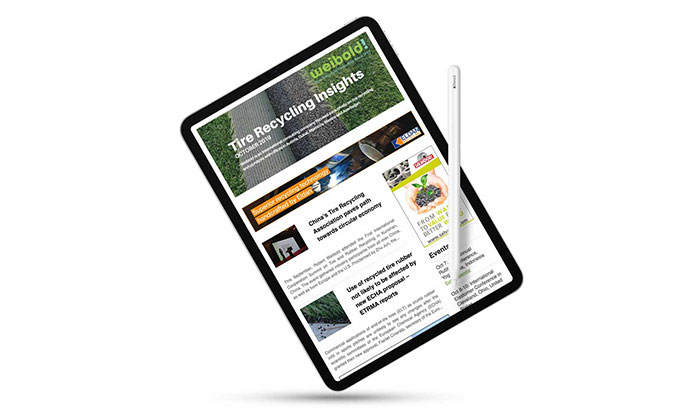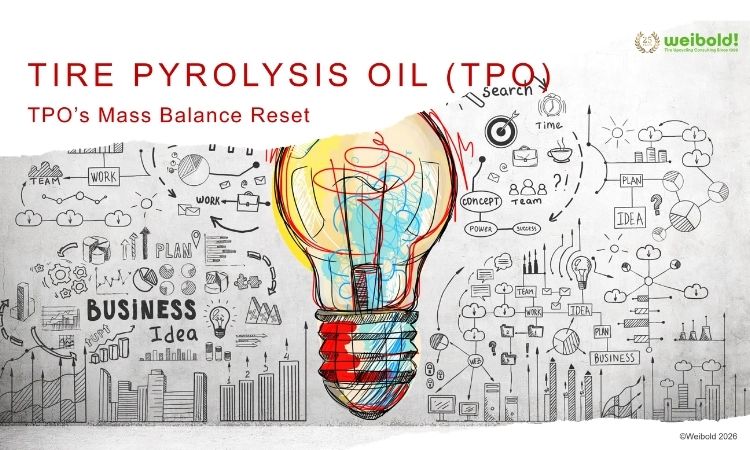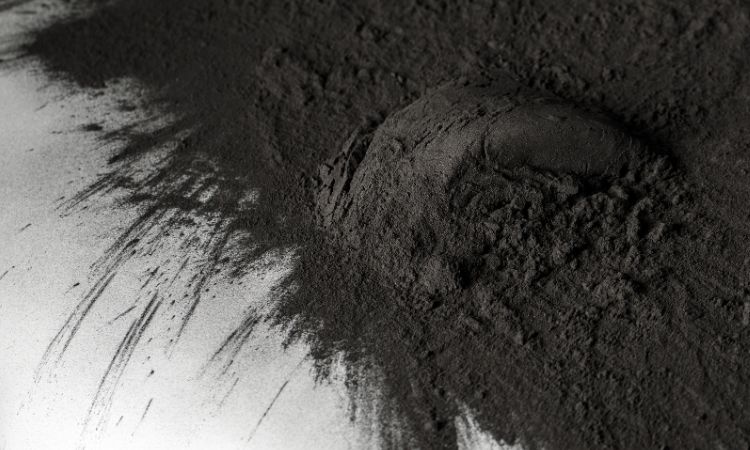South Africa's Mathe Group receives Waste Management License for its new tire recycling facility
Mathe Group, a South African company that recycles radial truck tires, has obtained a new Waste Management License for its new tire recycling facility worth over R65 million. The facility will complement its successful existing operation. Dr. Mehran Zarrebini, CEO of Mathe Group and its sister company Van Dyck, reveals ongoing negotiations with a potential investor, with the final investment amount contingent on the technology chosen.
Simultaneously, Mathe Group is expanding its current facility, set to be operational in August. This expansion will boost their rubber crumb output from 25-30 tons to 45 tons and increase tire recycling from 700 radial truck tires daily to approximately 1,000 per day. Additionally, Van Dyck, a company known for its rubber goods made from recycled rubber crumb, is gearing up to expand its molding capacity this month.
Van Dyck pivoted to rubber-based products during the Covid pandemic, quickly gaining recognition as a flooring innovator. The shift was driven by the decline in South Africa's soft flooring market due to economic challenges. Dr. Zarrebini highlights the entrepreneurial prospects of recycled rubber flooring, which not only benefits the environment but also provides significant socio-economic value. The products are manufactured sustainably, evidenced by their global green tag certification.
Dr. Zarrebini, who leads TRIASA (The Tyre Recycling Industry Association of South Africa), notes that South Africa is grappling with a growing pile of waste tires, while the country continues to import virgin rubber. Recycling tires, he explains, salvages valuable rubber that would otherwise go to waste. The process involves breaking down used tires into granules, which find application in various sectors, such as tire production, road construction, and rubber goods manufacturing.
This tire recycling effort contributes to a circular economy by reducing the need for imported rubber, curbing waste, and optimizing resource utilization. This aligns with the aim of minimizing costs associated with purchasing and transporting new rubber from international suppliers.
Despite a modest starting point, Van Dyck has achieved a 200% increase in molded product manufacturing this year. The surge in demand has prompted the acquisition of additional molding capacity to meet current and anticipated market needs. The production facility is operating at full capacity, even in the face of interruptions like load shedding.
The growth in molded products has been notable in South Africa and the United Kingdom, where Van Dyck exports items like gym flooring, acoustic shock pads, and acoustic cradles. The company has also undertaken projects in other African countries, using locally manufactured acoustic underlays in the hospitality sector.
Dr. Zarrebini hopes adhesive-free flooring will gain traction, especially as global construction industry regulations tighten, emphasizing proper flooring disposal practices.
Source: MyPR.co.za
Weibold is an international consulting company specializing exclusively in end-of-life tire recycling and pyrolysis. Since 1999, we have helped companies grow and build profitable businesses.









